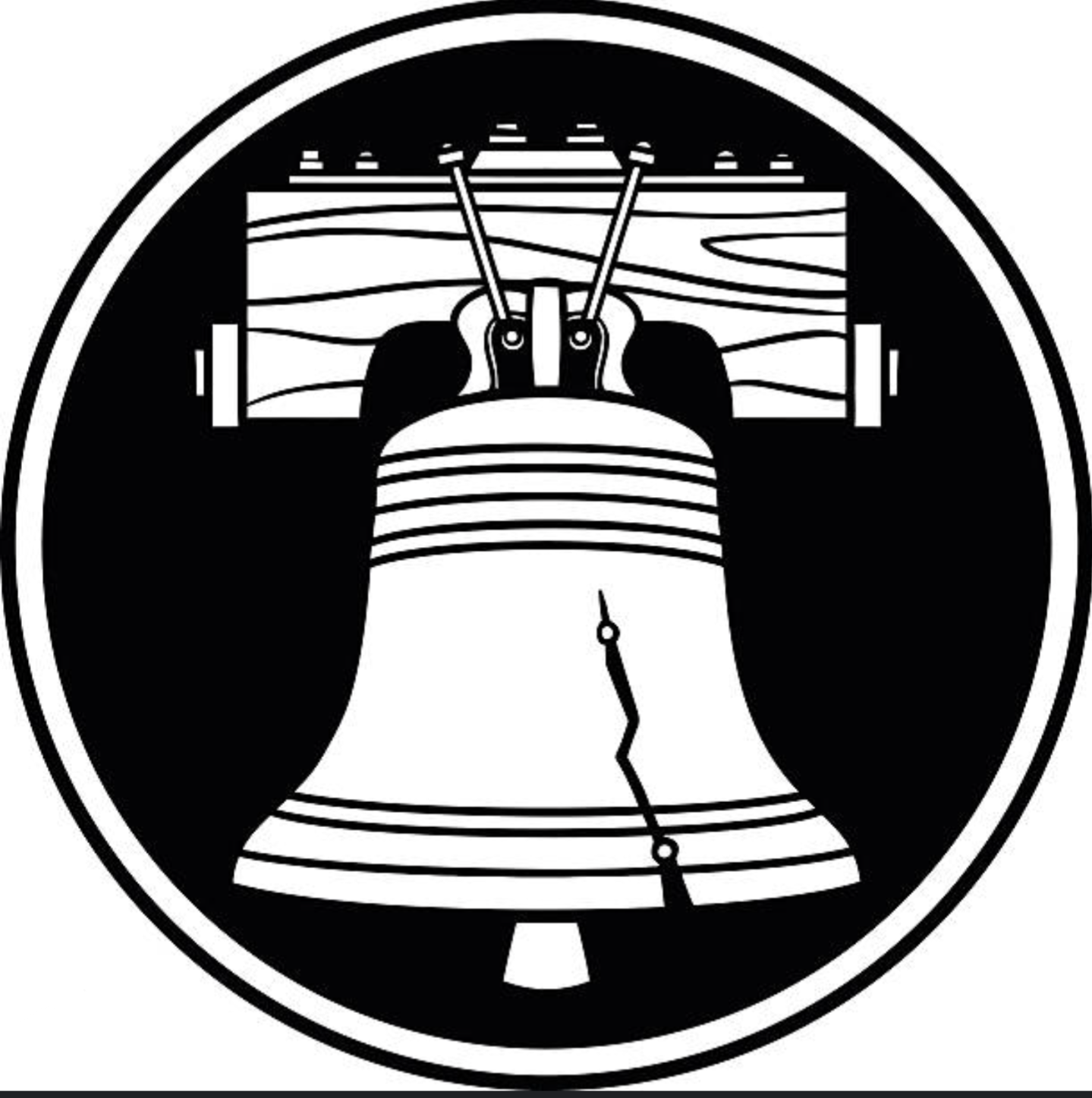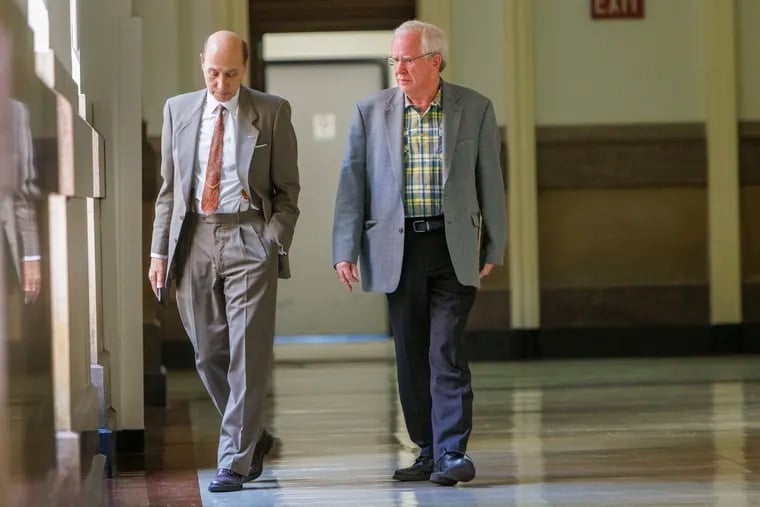For those that don’t know, Philly requires a minority party to hold some seats on city counsel. So the Working Families party decided to try to take all those seats to get rid of the GOP.
Highlights: The Nov. 7 general election presents something of an existential test for Philadelphia’s Republican Party, which has for decades watched its power and influence atrophy as the demographics of America’s urban centers became decidedly more favorable to Democrats.
A major setback came four years ago when Kendra Brooks of the progressive Working Families Party became the first third-party candidate to win a seat on Council in generations, ousting a Republican from an at-large seat effectively reserved for a non-Democrat.
This year, the Working Families Party is trying to take both set-aside Council seats. At the same time, Northeast Philadelphia Republican Brian O’Neill, who has been a member of Council since 1980, is facing one of the most well-funded general election challenges of his career.
And if all three GOP candidates fall, the 115,000 registered Republicans in the city would for the first time in modern history have no representative on Council. The only remaining Republican in City Hall would be City Commissioner Seth Bluestein.
The party nominated five Republicans in the primary, and then three candidates promptly dropped out, leaving civic leader Drew Murray and small business owner Jim Hasher as the only two Republicans on the ticket. That makes for a head-to-head matchup with the Working Families Party.
To win in the at-large race, Republicans may need to perform outside the GOP strongholds in Northeast Philadelphia and parts of South Philly where working class white voters tend to cluster. Even parts of those traditional bastions of the Republican party have become more diverse over the last decade.



I’ve lived in other places bud. Thanks again for your insightful and evidence-driven comments.